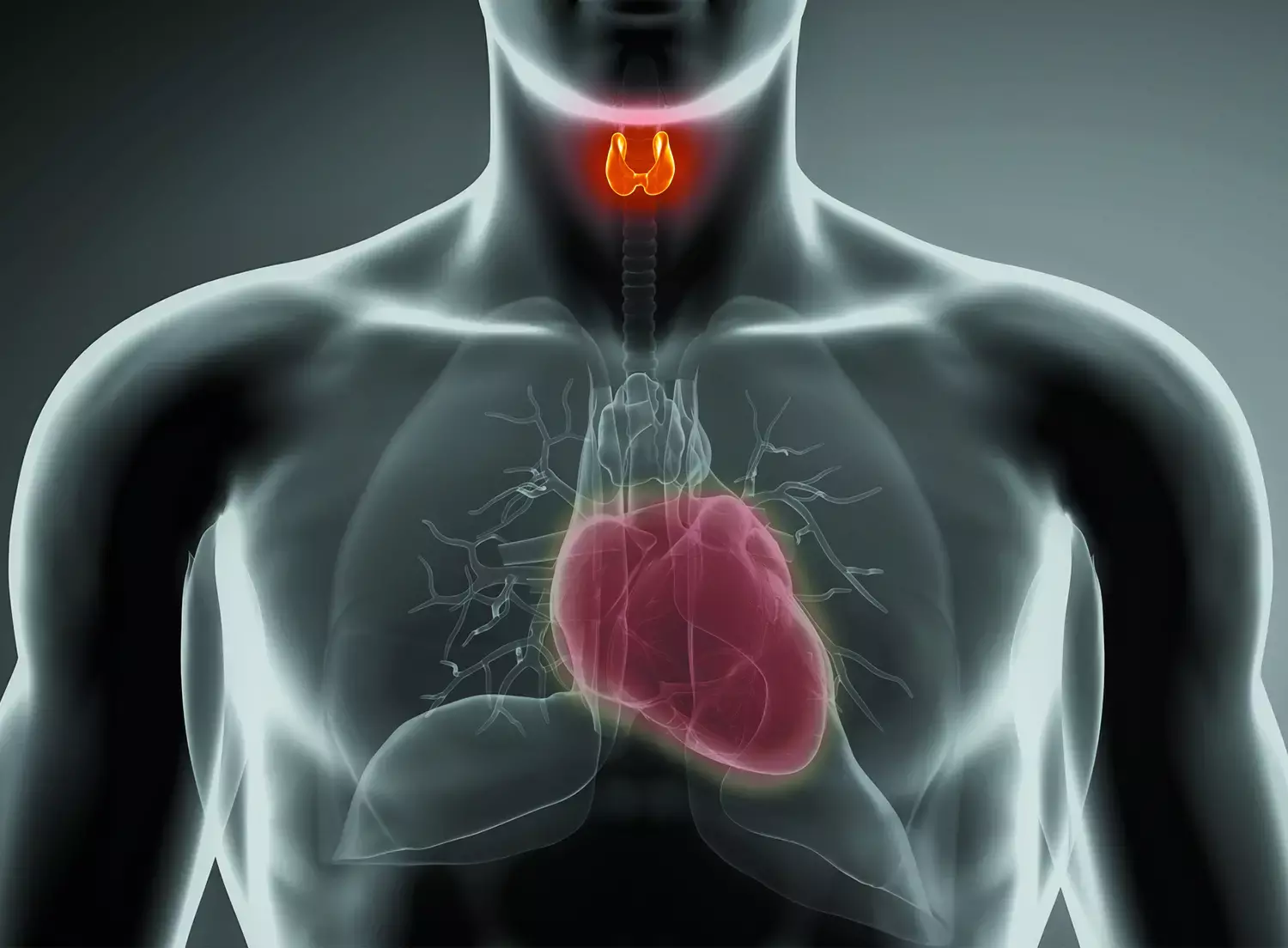- Home
- Medical news & Guidelines
- Anesthesiology
- Cardiology and CTVS
- Critical Care
- Dentistry
- Dermatology
- Diabetes and Endocrinology
- ENT
- Gastroenterology
- Medicine
- Nephrology
- Neurology
- Obstretics-Gynaecology
- Oncology
- Ophthalmology
- Orthopaedics
- Pediatrics-Neonatology
- Psychiatry
- Pulmonology
- Radiology
- Surgery
- Urology
- Laboratory Medicine
- Diet
- Nursing
- Paramedical
- Physiotherapy
- Health news
- Fact Check
- Bone Health Fact Check
- Brain Health Fact Check
- Cancer Related Fact Check
- Child Care Fact Check
- Dental and oral health fact check
- Diabetes and metabolic health fact check
- Diet and Nutrition Fact Check
- Eye and ENT Care Fact Check
- Fitness fact check
- Gut health fact check
- Heart health fact check
- Kidney health fact check
- Medical education fact check
- Men's health fact check
- Respiratory fact check
- Skin and hair care fact check
- Vaccine and Immunization fact check
- Women's health fact check
- AYUSH
- State News
- Andaman and Nicobar Islands
- Andhra Pradesh
- Arunachal Pradesh
- Assam
- Bihar
- Chandigarh
- Chattisgarh
- Dadra and Nagar Haveli
- Daman and Diu
- Delhi
- Goa
- Gujarat
- Haryana
- Himachal Pradesh
- Jammu & Kashmir
- Jharkhand
- Karnataka
- Kerala
- Ladakh
- Lakshadweep
- Madhya Pradesh
- Maharashtra
- Manipur
- Meghalaya
- Mizoram
- Nagaland
- Odisha
- Puducherry
- Punjab
- Rajasthan
- Sikkim
- Tamil Nadu
- Telangana
- Tripura
- Uttar Pradesh
- Uttrakhand
- West Bengal
- Medical Education
- Industry
Higher concentrations of FT4 associated with increased risk and severity of knee osteoarthritis: Study

A study published in the Osteoarthritis and Cartilage found that higher concentrations of free thyroxine (FT4) were associated with an increased risk and severity of knee osteoarthritis (OA), particularly in individuals with obesity or those engaging in high levels of weight-bearing physical activity.
Previous genetic and animal studies indicated a causal role of thyroid hormones in osteoarthritis (OA), which has not been observed in the general population. They aimed to investigate whether thyroid-stimulating hormone (TSH) and free thyroxine (FT4) were associated with hand, hip, or knee osteoarthritis. Participants from the Rotterdam Study with baseline TSH, FT4, and joint radiographs were included. They used multivariable regression models to investigate the association of thyroid function with the prevalence, severity, incidence, and progression of osteoarthritis.
They stratified analyses by sex, age, body mass index (BMI) and weight-bearing physical activity. Results: Among 9054 participants included (mean age 65 years, 56.3% women), higher FT4 concentrations were associated with an increased risk of prevalent knee osteoarthritis (odd ratio [OR] 1.04 per pmol/L, 95% CI 1.01–1.06, corresponding to an OR of 1.62 across the reference range [i.e., 14pmol/L changes] of FT4) and more severe knee osteoarthritis.
There was a positive association between FT4 and overall progression of knee osteoarthritis (OR 1.03 per pmol/L, 1.00–1.07). No association of TSH with hand, hip, or knee osteoarthritis was identified. Stratified analysis revealed an association between FT4 and prevalent knee osteoarthritis among individuals with BMI ≥30 kg/m2 (OR 1.05 per pmol/L, 1.01–1.08) and those with high levels of weight-bearing physical activity (OR 1.05 per pmol/L, 1.01–1.10). The study indicated that higher FT4 concentrations may increase the risk of knee osteoarthritis. This association might be greater in individuals with extra joint loading, such as those with obesity.
Reference:
Association between thyroid function and osteoarthritis: A population-based cohort study Xu, Yanning et al. Osteoarthritis and Cartilage, Volume 0, Issue 0
Dr. Shravani Dali has completed her BDS from Pravara institute of medical sciences, loni. Following which she extensively worked in the healthcare sector for 2+ years. She has been actively involved in writing blogs in field of health and wellness. Currently she is pursuing her Masters of public health-health administration from Tata institute of social sciences. She can be contacted at editorial@medicaldialogues.in.
Dr Kamal Kant Kohli-MBBS, DTCD- a chest specialist with more than 30 years of practice and a flair for writing clinical articles, Dr Kamal Kant Kohli joined Medical Dialogues as a Chief Editor of Medical News. Besides writing articles, as an editor, he proofreads and verifies all the medical content published on Medical Dialogues including those coming from journals, studies,medical conferences,guidelines etc. Email: drkohli@medicaldialogues.in. Contact no. 011-43720751


